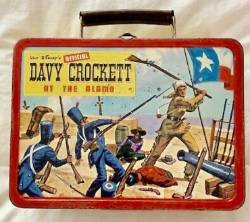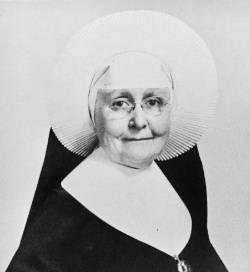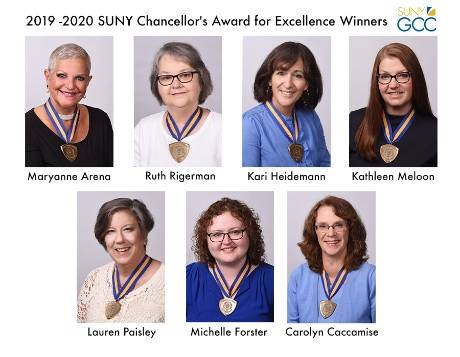Student Support Services Center aims to enhance and refine school policies, practices and curricula
Press release:
LE ROY -- Established in 1992, the Student Support Services Center (SSSC) has a broad scope of programming that is aimed at supporting schools in the Western New York region.
The SSSC has a wealth of experience supporting schools and communities at the state, regional and local levels to enhance and refine school policies, practices and curricula to meet emerging needs based on data and school strengths.
“It is our goal to support school communities with building their capacity to enhance and sustainsupportive learning environments that impact student achievement as well as overall student growth and development," said Joan Vitkus, director of the SSSC. "The overall objective is to assist schools in creating an environment for students that is conducive to learning."
Technical assistance and professional development are two of the main areas of support that the SSSC provides. Programs and services include workshops and guidance on topics such as: supportive learning environments that include the implementation of New York State Education Department (NYSED) regulations related to School Counseling Program/Plans; comprehensive Health Education and the Dignity for All Students Act with social and emotional learning embedded; and NYSED Office of Teaching Initiatives required courses for certification. The latter includes child abuse identification, SAVE (Safe Schools Against Violence in Education Act).
The SSSC is a NYSED approved provider of the mandatory Dignity Act Harassment, Bully, Cyberbullying and Discrimination in Schools -- Prevention and Intervention training. Beside these trainings, SSSC staff assist districts with their School Wellness Policy processes as another strategy for enhancing and sustaining supportive learning environments to help students be successful.
“Our facilitative work that supports schools is grounded in collectively developing collaborative strategies by meaningfully engaging students, families, staff and community members in partnerships,” Vitkus said.
“Schools are the community gems and resources that serve the students and families of those communities. At the same time, gems and resources within the community may work in tandem with schools to serve the community’s students, families and larger community.”
Vitkus explained how the SSSC works to explore possible supports within a community.
“The exploration often begins to lessen schools being overburden with being the end-all solution," she said. "And most importantly, we facilitate engaging multiple voices and perspectives to help the school and community identify their strengths, what they hope to collaboratively accomplish and how they would like to grow and develop to serve the community’s students and families in alignment with the district’s mission, vision, beliefs and goals."
The SSSC has a far-reaching territory that encompasses the following BOCES, Genesee Valley, Monroe 2-Orleans, Monroe 1, Wayne-Finger Lakes and the Greater Southern Tier along with other regions throughout the state.
The Center also partners with local and regional community organizations and county health departments including Wayne, Seneca counties; the Elmira, Campbell-Savona, Waverly areas, along with the Buffalo area.
The SSS Center is funded by federal, state and local contractsand its offices are located in Le Roy, New York at the Genesee Valley BOCES’ Le Roy Services Center.
“We describe this as a giant triangle for our service area and we have the expertise and capacity to do so," Vitkus said. "We’ve created a tapestry of facilitative supports and services that meets districts and communities where they are to help members move forward based on their needs and readiness for this very important collaborative work."
This summer, the SSSC has undergone some staff changes. Kim McLaughlin, director, has semiretired and she has changed roles with Vitkus, coordinator, who has assumed the position of director. This transition will be seamless as these dedicated staff members have worked together for over a decade.
Desiree Voorhies, coordinator, semiretired in 2019 and will assist with any programming and/or training needs in the coming school year.
Beth Burdick, and Heather Bachman, School, and Community Policy coordinators, will continue to serve in their respective roles with Leanne Cornell supporting the SSS Center as program assistant.







